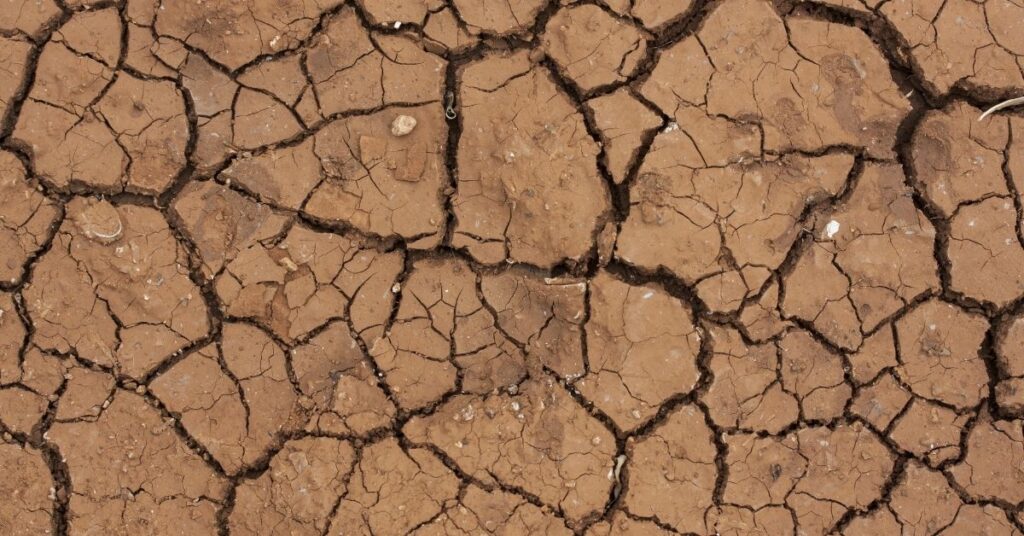Here is how developed countries have a higher obligation to combat climate change than developing countries

“They have killed their mother earth and now willing to do the same to your planet “
Avatar (2009)
Not many of you can recall this famous dialogue from the 2009 blockbuster Avatar. The future which has been predicted in that movie, that caught in the garb of greed; humans might end up destroying all the life-supporting elements, isn’t that impractical one, especially in this present context.
Today when the world is gasping to breathe, the self-interests of some are putting others on the verge of extinction. The protectionist and selfish attitude of countries with a history of heavy ecological exploitation is putting innocent and helpless nations such as Maldives and Seychelles in extreme danger.
Let’s discuss the dirty blame game of developed VS developing countries on the climate change issue and how developed countries are running away from their responsibility after deteriorating the climate extensively for a long period of time.
How Is developed countries responsible for climate change?
Being the historical emitters – the developed world (The Global North) is solely responsible for the present climate crisis.
During the period of 1850 to 2011, European Union and the United States contributed more than 62% of the entire global carbon emission.
The so-called developed nations exploited natural resources of their own along with others and destroyed the flora and fauna of their colonized nations for their selfish and myopic development.
They kept burning fossil fuels for centuries and fueled their own development, filled their coffers with money at the cost of the lives of others.
Therefore, the developed world has a higher obligation to combat climate change than developing countries or poor nations.
But when the time came to take up the responsibility, they are trying to devolve that to smaller and underdeveloped nations, as evident from the non-implantations of Paris Climate Treaty.
Effort from Global South to Tackle Climate Change
The worst part is that these developed countries aren’t ready to accept that without their help there are several countries, such as India, China, and Bhutan which have added greenery to their area, reduced carbon emission, shifted to alternate energy sources and made the world a lot greener.
- India forest area percentage increased by around 1% in 2018-19 than the previous year.
- Today, Bhutan is a carbon-negative country.
- China is clearly leading in terms of alternate technologies.
what are the challenges of controlling climate change?
It is pretty much clear that whatever humans can do or achieve has to go through the way of Nature and hence its interaction with nature holds optimum and paramount importance. As it has been said well that human has only one home and that is nature, so the human has to protect and beautify it. Now the graveyard question comes up as HOW?
Before we try to understand or see already popular and well-known ways to do so, it is important to understand the major challenges in our fight against climate change.
1. The Limited Carbon Spaces
The atmosphere has already been crowded by the emission done by developed nations and now there is not much space left to be taken for granted.
2. The Financial Constraints Of Global South
The underdeveloped nation doesn’t have enough money or ability to utilize the resources without using fossil fuels to develop their economy and combat the menace of environmental degradation at the same time.
3. The Reluctance Of Historical Emitters To Take Up The Responsibility
The developed nation wants to take the responsibilities for sure but only at the current level they completely side-line the acts they have performed over a long period of time.
Their responsibility is certainly high and they must take up the cost of expenditure to improvise the environment.
4. Inaccessibility And High Cost Of Sustainable Technology
The technologies which can do both – fight pollution and aid the development are either not available or too costly for poor and developing nations, especially when they aren’t getting enough aid from international organizations or developed nations.
There is another issue, even if they take up the stand against developed nations against their dumping strategies or their reluctance to combat the environmental menace, they will be starved economically. The politics of their neighbors is another problem that they have to tackle.
5. Poverty And Illiteracy
The majority of nations that are on the verge of submergence due to rising seawater are dependent on tourism for their economy and hence are in a state of pauperization.
Some others who don’t face the issue of rising seawater have to deal with deep-rooted poverty and illiteracy which inhibits their efforts to combat the issue of environmental degradation.
Six Innovative Solutions For climate change
The elephant in the room could be seen easily but has to be ignored willingly or forcefully, so how exactly to combat that.
For every developing country, funding seems to be the biggest hurdle in the fight against climate change. So, by adopting the following steps they can maximize their existing resources.
1. Incentivizing Tribals And Indigenous Population
The sacred groves in jungle areas are protected by law but the tribes practicing the same must be incentivized to grow them more.
In that way, we will be able to spread greenery even faster. Besides, while doing so, we can also empower the tribal by improving their lifestyle.
2. Terrace Garden
Every building must be covered with moss, vertical gardens, and indoor plants. This will not only help the environment but also make the household sustainable.
Learn More Here: How do you make a small terrace garden?
3. Transforming Environment Violators To Investors
Instead of collecting fines ask the environmental violators to invest money in technologies to combat the menace of environmental degradation, this would reduce red-tapism and will boost the investments as well.
The concept of carbon credit aligns with this progressive and innovative way to solve the critical climate crisis.
4. A United and Pro-Active Global South
The under-developed nation must unite under one banner and show solidarity against unhealthy practices such as dumping and shifting of hazardous industries to them.
This step would force the powerful nations to rethink and revise their strategies and will also force them to take up the accountability and steps to cut the menace of environmental degradation.
5. Encourage Innovation
The students and teachers of any nation have historically been the torch bearers of the change hence they must be handed over the baton to make the society aware and awaken. They must also be motivated to innovate and bring out unique ideas to combat the menace of environmental degradation.
6. Bulk Manufacturing Of Green Equipment
It’s difficult for a household to completely shift into renewable power sources. But usage of the solar bulb, solar over, the solar power bank is extremely practical.
So, developing countries should promote the manufacturing of renewable energy-powered equipment within the country.
Step Forward
The contemporary times are not just showing us rising temperature and pandemics, but also showing nature’s capability to revive the balance. The shutdown of numerous factories across industries is cleaning the air, and the decreased sea traffic has bettered the ocean ecosystem.
The effect of pollution on human health needs no further introduction. However, Global warming in recent days has revived many viruses and bacteria which were earlier engraved deep inside the permafrost, as exemplified by a sudden viral attack in Siberia along with Covid Pandemic.
Editor’s View on Developed VS Developing Countries Climate Change Debate
We had been gifted with only one known life and in that very life, we need to think in present, correct past mistakes, and plan for the future. This is a shared world and hence responsibility must also be equally divided and must also be told to one who is reluctant to take up themselves.
The recent LiFE initiative by Indian Prime Minister Modi seems like a practical and solution-oriented step to tackle climate change at the individual level.
Start embracing renewable energy into your lifestyle. The eco-friendliness and economic aspects of renewable energy certainly make it a lucrative option.
What do you think about this topic? Should western countries pay? Let us know in the comment section below.
#BleedGreen


Being a vivid reader, I cover a lot of topics, but the environment and foreign policy are the two domains that will always remain closest to my heart. I try experimenting with different topics and love playing with words. I hope, you enjoyed the editorial.




Nicely written & explained.
sir jee photo change kro na,,,well versed,,,but its high time dt d culprits shudnt be d judge demselves..
Pingback: ICT For Environment: An Emerging Actor For Environment Protection And Sustainability - BleedGreen
Pingback: India's Approach To Climate Change (2021): BleedGreen